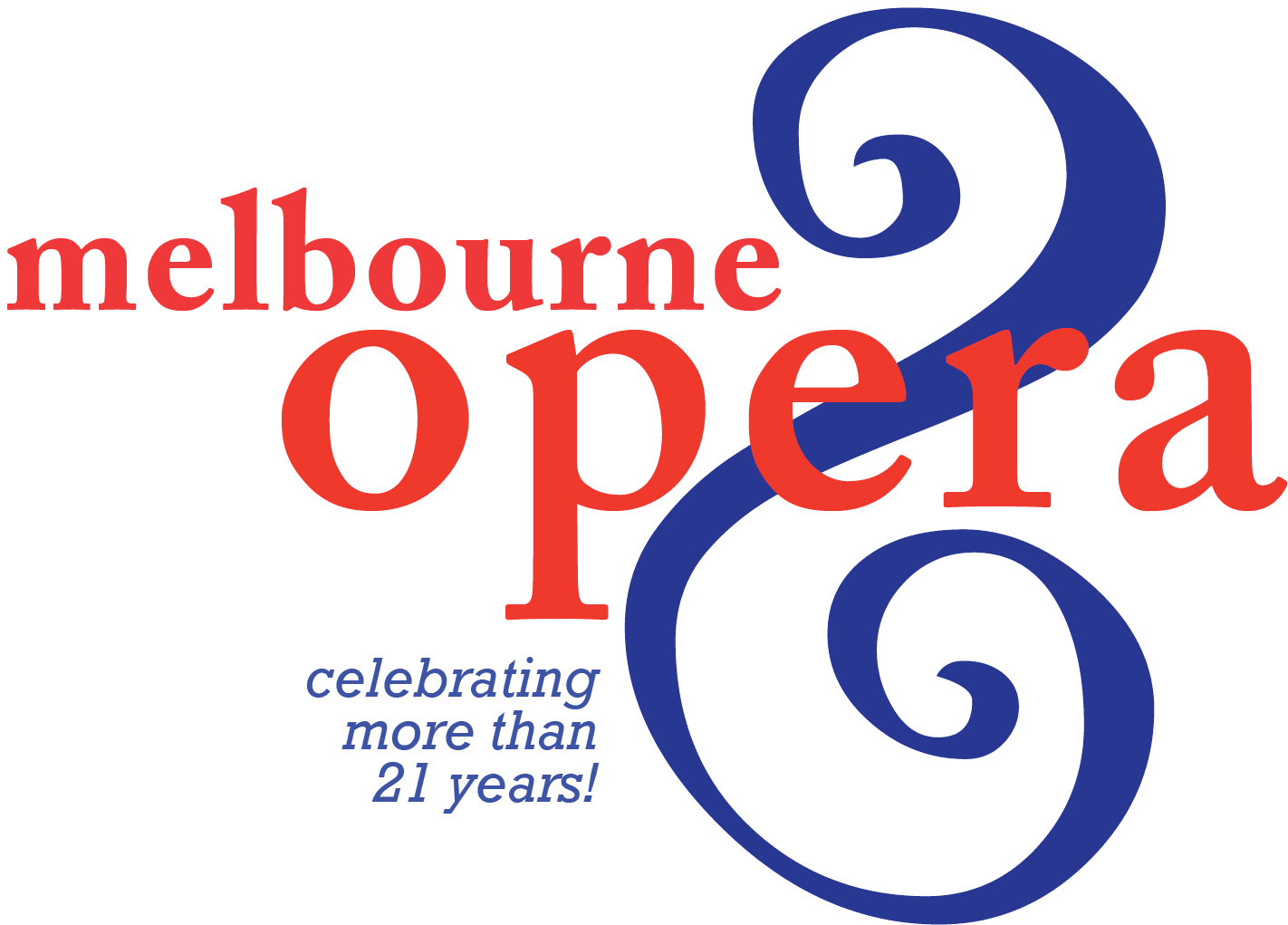Melbourne Opera mentioned the possibility of a production of Der Freischütz to me two years ago. It was a piece I really knew nothing about, I had heard of Weber and knew of his influence on Wagner and the development of German Romantic Opera and that was about it. The first thing that struck me about the story of this opera was the deep-seated psychological fears facing a man on the eve of a wedding (the groom cannot shoot straight) all I could think was “hello, my name is Sigmund Freud – pull up a couch”. I wondered how that was a starting point for a concept, bearing in mind the pitfalls of staging this rarely seen work full of superstition, dalliance with the dark arts and featuring the demon hunter Samiel himself. derFreischütz has not had a production in Melbourne since 1969. As I tossed around various notions about approaching one of Germany’s most beloved singspiels it became clear to me that to try to take this work out of its germanic context would be pure folly, however I also did not want to venture into the “quaintness” of a traditional production. I could not quite let go of the Freudian and Jungian parallels that leapt out at me but also wanted to find a context that
identified as clearly deutsch as the opera itself. I started to look at German art, particularly woodcuts which brought me to the Expressionist woodcuts of the early 20th Century and that in turn took me to a deeper exploration of the Expressionist movement and a synergy became apparent Particularly with the films ‘The Cabinet of Dr Caligari’, the original ‘Nosferatu’ and ‘Metropolis’, that encompass many of the horror and fantasy elements I knew I had to incorporate into the staging of Der Freischutz.
Expressionism was a modernist movement originating in Germany at the beginning of the 20th century. Its typical trait is to present the world solely from a subjective perspective, distorting it radically for emotional effect in order to evoke moods or ideas. Expressionist artists sought to express meaning or emotional experience rather than physical reality. In this context Der Freischütz can be read as an expression of the “angst” of Max, the Marksman. Expressionism has been considered an artistic expression of “angst”, a word used to describe an intense feeling of apprehension, anxiety, or inner turmoil.
To quote Max in the recitative that precedes his Act One aria: “No! I can’t bear it any longer, what can this hopeless feeling be? Why does this angst in me grow stronger? Why is misfortune choosing me?”
Carl Jung would doubtless have been aware of the folklore surrounding the dark hunter or Samiel the demon huntsman, who dwells deep in the shadows of the Wolf ’s Glen and trades magic bullets for the souls of good people and whose presence looms large throughout this opera. In his writings Jung describes archetypal events: birth, death, and as is the case in this work – marriage. he also describes archetypal figures who can be seen here as the father, in the form of Cuno, the devil as Samiel, the wise old man in the guise of The hermit, the trickster as Caspar, the maiden as Agathe and the hero as Max.
In our research of Expressionist films we were very taken with the use of shadows to express horror and were keen to use this in our work. In this production Samiel is seen mostly as a shadow. According to Jung the shadow is a representation of the personal unconscious as a whole. Thus, the shadow often represents one’s dark side, those aspects of oneself that exist, but which one does not acknowledge or with which one does not identify. In the opera, Max’s willingness to enter into a Faustian pact in order to win the shooting competition and in turn, Agathe’s hand, indicates that despite his inherent goodness it is within his nature to compromise his beliefs.
Upon much research there are many parallels to be drawn between the time this opera was originally set at the conclusion of the Thirty Years War, one of the bloodiest and most destructive wars in European history and the rise of Expressionism throughout WW1.
We have found this concept has shed a wonderful new light on this fascinating and influential opera and hope you enjoy this rare opportunity to see Der Freischütz.
Suzanne Chaundy – Director

